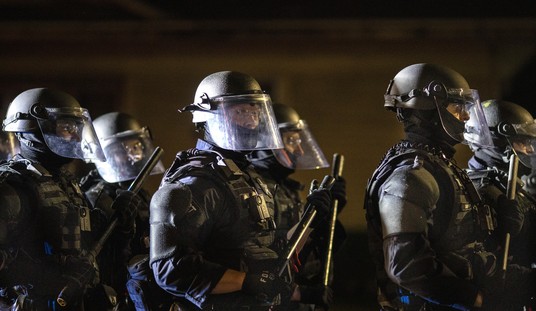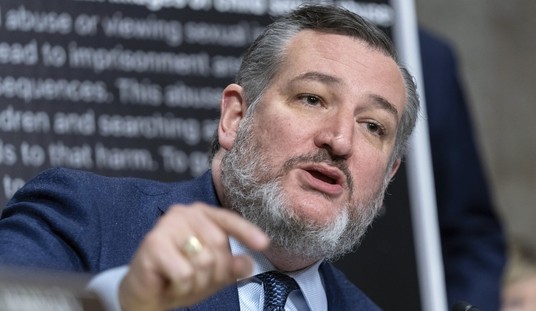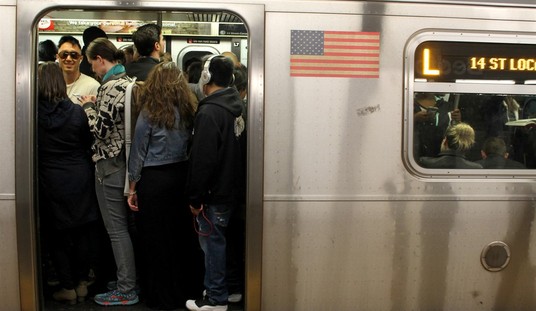A few days ago, Breitbart.com embarked on a jihad against the Kellogg Company, after Kellogg pulled its advertising from Breitbart, saying the sometimes incendiary site wasn’t “aligned with our values.” Breitbart then “launched a #DumpKelloggs petition and called for a boycott of the ubiquitous food manufacturer.” (An amusing side effect of this was the emergence of a hashtag on Twitter called #BreitbartCereals, featuring cereals that would be approved by the alt-right, such as Special KKK, Count Cuckula, or Reich Krispies.)
I was reminded of Breitbart’s actions when I saw numerous articles about Donald Trump’s pledge to punish companies who decide to go overseas (as well as his decision to reward Carrier, a company that decided to keep some of its jobs in country, with Pence-induced state tax breaks that will apparently be specific to Carrier).
What concept links these two incidents? Let me answer that question by telling a third story which ought to make the connection obvious. Two women, Betty and Veronica, are standing on the corner watching Cheryl, a gorgeous redhead, walk out of Archie’s house. “Oh, it looks like Cheryl decided to leave Archie, ” says Betty. “What do you mean?” asks Veronica. “Don’t you see Cheryl’s black eye?” asks Betty. “Archie always beats up girls when they say they’re going to leave him. He thinks it will make them stay with him.”
Do you think Veronica is likely to want to date Archie?
Hopefully the point is clear. The statement: “If you leave me, I’ll punish you!” does not ensure people will stay with you. In fact, it often causes bystanders to ask: “Why would I want to be with you in the first place?”
Breitbart, by savaging one of its advertisers, is sending a message to all other companies that might consider advertising with Breitbart: “If you leave us, we may engage in a campaign to destroy your reputation.” (One might say that they are simply disincentivizing advertisers from declaring their discontent with Breitbart as they leave — but Kellogg’s, looking at Milo-penned Breitbart articles like “Birth Control Makes Women Unattractive And Crazy,” may have felt it had little choice but to openly distance itself from the site. And other potential advertisers watching the whole debacle understand this.)
Similarly, Trump, by telling companies that they will suffer consequences if they leave America, is going to cause some number of companies not to set up shop in the United States to begin with.
The incentives created by Trump and Breitbart are examples of unintended consequences called “perverse results,” where someone intends one outcome and unintentionally creates the opposite result. Government actors are actually fantastic at creating such perverse results, because they love to throw their power around, and rarely reflect on how their actions might backfire.
Anti-discrimination laws in employment are excellent examples of this perverse effect. By punishing employers who allegedly fire members of a particular class (women, minorities, etc.) because they belong to that class, these laws often have the effect of making employers less willing to hire from those groups to begin with. These employers know that they are more likely to be sued by someone they fired than they are to be sued by people they turned down for jobs. So many conclude that it’s just not worth the hassle to hire such people, and consequently hire as few as they think they can get away with hiring. The net effect is that the laws end up harming the very people they were supposed to help.
Trump’s Carrier deal is likely to have another perverse effect: it will cause more companies to threaten to move to Mexico or overseas, in order to squeeze concessions from government. This is a different type of perverse result, which can be categorized as the “rat effect” after the famous and entertaining story about the rats in Hanoi.
The government of Hanoi, which was overrun with rats, decided to pay its citizenry to help kill the rats, offering a monetary bounty for a severed rat tail. Inexplicably (or so the government thought), the rat problem got worse! How on Earth could this happen? You have probably already guessed the answer: people started breeding rats to cut off their tails and claim their reward. This is known as the “rat effect” (or “cobra effect,” since it allegedly happened with cobras in Delhi as well), wherein if government pays for something, it gets more of it.
The citizens of Hanoi saw people getting paid for rat tails, and decided to produce their own rat tails, creating more rats, and making the initial problem worse. Similarly, companies in the U.S. see Carrier getting paid for threatening to move jobs overseas, and will inevitably produce their own new plans to move plants overseas, making the initial problem worse. It is likely that under President Trump, you will see more companies declaring an intent to move out of the country than ever before.
Trump will bribe some of them and “save” more jobs, and his more economically illiterate fans will applaud.
If Trump had been in charge of the colonial administration in Hanoi during the rat crisis, he would have simply made sure the TV cameras were there when he held up the bags of rat tails.
And his subjects would have applauded. You know, to the extent they had time to applaud in between dodging all the rats everywhere.
P.S. If this sort of discussion about free-market economics is your thing, you might enjoy my group The Constitution Vanguard. It’s a group of like-minded people who believe in the free market, liberty, and the Constitution. There’s a newsletter, a private Facebook group, and a private discussion forum, for members only. We’d love to have you! Join up here.













Join the conversation as a VIP Member